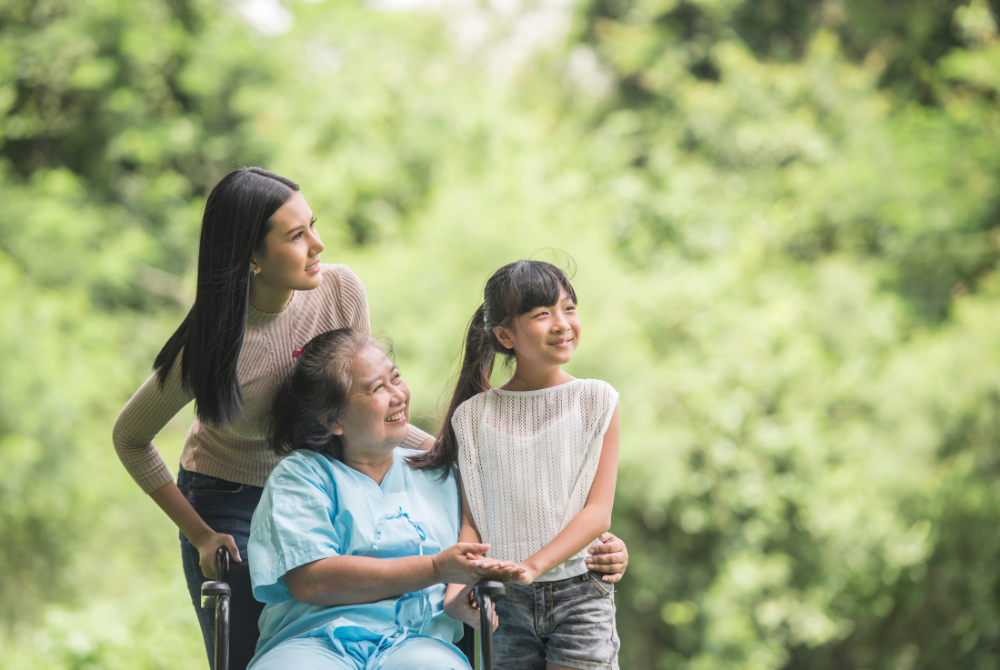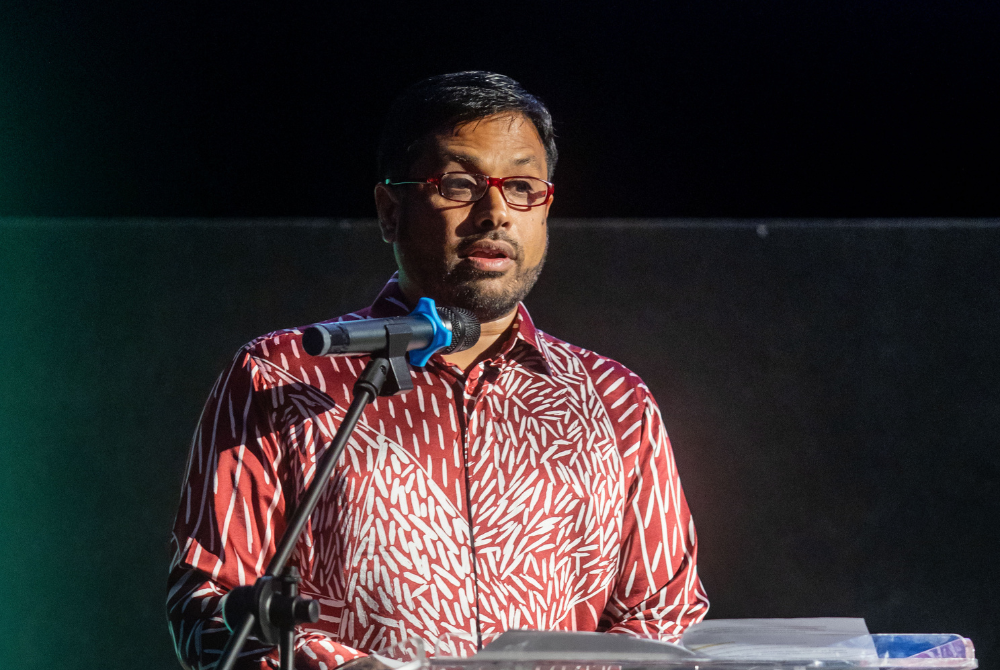Malaysia's path to sustainable ageing: Adapting cities for an ageing population

In Malaysia where urbanisation is on the rise, embracing and adapting to demographic shifts as the country becomes an ageing nation, has become imperative. In our pursiot of a sustainable future, it highlights the importance of active ageing and the development of cities that cater to the needs of an ageing population.
According to a World Bank study conducted in 2020, it was projected that by 2044, at least 14 per cent of the population in Malaysia would belong to the senior age group.
This trend is expected to intensify, with the same age group surpassing 20 per cent of the total population by the year 2056. Prior to this, the demographic transformation is steering Malaysia toward the status of a "super-aged nation."
Think City Managing Director Hamdan Abdul Majeed has revealed that it is crucial to underscore the significance of making our cities in Malaysia more age-friendly, a mission that transcends catering solely to the needs of the young but extends to embracing the evolving requirements of our ageing citizens.

“The call to action is clear: our cities must not only allow people to grow older gracefully but also offer them greater freedom and independence.
“The belief is that we are already on this path, akin to a semi-glazed house with much work still to be done.
“This realisation provides us with an opportunity to make our cities more effective for everyone,”he told Sinar Daily in an exclusive interview at Pavilion Kuala Lumpur.
He further elaborated that one of the primary challenges we face is accommodating the diverse segments of our society, including young people, the working population, and parents. While progress has been made, there remains room for improvement. This collective effort is not without disappointments but is a necessary step toward uniting our communities.
“The city of Malaysia has grown. We have seen what has happened in the West for 300 years. It has been going on in Malaysia for 50 years. Urban transfer in 1970, 1 out of 4 people lived in the city.
“Today,8 out of 10 people live in the city. Urban transfer,it means people move to urban areas, And the rise of urban happening, From 10 million people in 1970 to 35 million,Meaning more people live in the city. The challenge in the city only accumulates and rises,” he stressed.
The challenges within our cities in this country are accumulating and growing. To address them effectively, it is important for us to empower different segments of society, from the youth to working adults and parents. Our progress, while commendable, requires further attention. It's a collective responsibility, a means to strengthen our communities.
In our quest to create cities that thrive for all, it is imperative that we ensure parents have the resources and support needed to live in urban environments.
“Furthermore, we must create better conditions for the elderly, enhancing their positions within society. This includes bolstering our infrastructure to accommodate an ageing population, making it more accessible for everyone.
“We recognise that not all elderly individuals require constant care. Many seek independence and the freedom to lead vibrant lives. Our mission is to facilitate this independence, making it not just a dream but a reality,” Hamdan added.
While some may require care, our focus remains on enabling independence. The path forward is clear - our cities must evolve to accommodate the diverse needs of their residents, ensuring that every generation thrives within their urban landscapes.
In the journey toward a sustainable and age-friendly Malaysia, we need to commit to creating inclusive, dynamic, and adaptable cities. It's not just a challenge; it's our collective responsibility to build a better future for all.
Download Sinar Daily application.Click Here!















